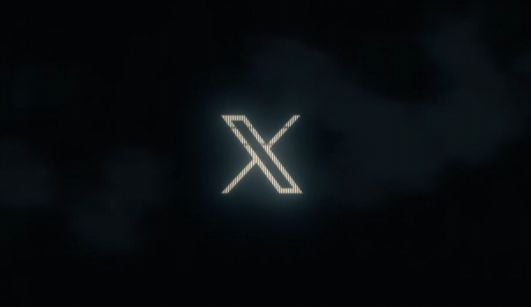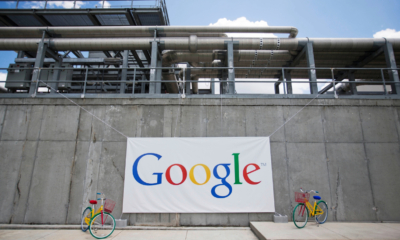SOCIAL
Elon Musk Says X Users Are Posting Fewer Posts Per Day Than People Had Been Tweeting

In among the various notes and statements that Elon Musk shared in his interview with Israeli Prime Minister Benjamin Netanyahu Monday, Musk also made some interesting remarks about X usage, and how it’s changed under his management.
Musk has repeatedly stated that X continues to reach all-time highs in “device user seconds”, a vague denominator which is not comparable to other apps (as they don’t share this info), while Musk has also said that X’s active users are well up on what they were under Twitter, now sitting on 253 million daily actives (up from 238m in Twitter’s last performance report prior to the acquisition), and 540 million monthly users.
Musk reported another increase in X’s monthly usage again in his discussion Monday, while also highlighting an additional interesting data point that’s worthy of note.
As per Musk:
“There are 500 million, um, 550 million monthly users, now going to maybe 600 million monthly users, and any given day there’s on the order of 100 to 200 million posts to the system.”
100 million to 200 million posts is a lot, for sure, but if that’s accurate, that actually means that people are posting a lot less to X than they used on Twitter.
Back in 2013, Twitter reported that it saw, on average, 500 million posts per day, a number that it’s repeatedly used as a benchmark for its performance. X management even referred to that same figure in March this year, as part of a blog post about its recommendation algorithm:
“Twitter aims to deliver you the best of what’s happening in the world right now. This requires a recommendation algorithm to distill the roughly 500 million Tweets posted daily down to a handful of top Tweets that ultimately show up on your device’s For You timeline.”
200 million, or 100 million posts, is a lot less X activity, a decline of, potentially, some 400%.
Musk did also say that he’s excluding re-posts from this figure, which could be a factor in the whole calculation, while X has also, reportedly, rid the platform of a lot of bots, another potential activity hit.
But it does seem like a big variance.
Which, actually, might make some sense, when you also consider the broader social media usage trend away from public posting. But it also means that X is increasingly reliant on a small number of its most active users, whom it needs to keep posting, in order to keep people coming back.
Back in 2021, Pew Research published a study which showed that the top 25% of active Twitter users in the U.S. produce around 97% of all tweets in the market.
Twitter had around 95 million U.S. users, which would mean that the platform’s core active user cohort is only around 24 million people in the region. So while Twitter may have had 238 million total users, only a fraction of them were actually posting, and if these new figures that Musk’s shared are correct, there could now be a lot fewer people bothering to post at all.
That’s likely why its X Premium push has failed to gain traction, because all of the benefits of the program, like extra reach, recognition, even post editing, are for people that actually post to the app. Which is now a tiny amount.
It also suggests that X’s “device user seconds” stat could be misleading, in terms of overall engagement. It wouldn’t surprise me at all if a smaller group of users is spending a lot more time in the app as a result of the latest changes under Elon. But with far fewer posts, it seems unlikely that, overall, more people are spending more time on X.
The numbers could also point to an opportunity for a competitor, given that reaching competitive scale is less challenging than the top-line usage stats may suggest.
As noted, it could also be that Twitter was counting re-tweets in its numbers, and maybe, with bot activity factored in, 200 million posts per day is actually more comparable than it seems.
But it’s a big variance, which is interesting to note in broader context.

















